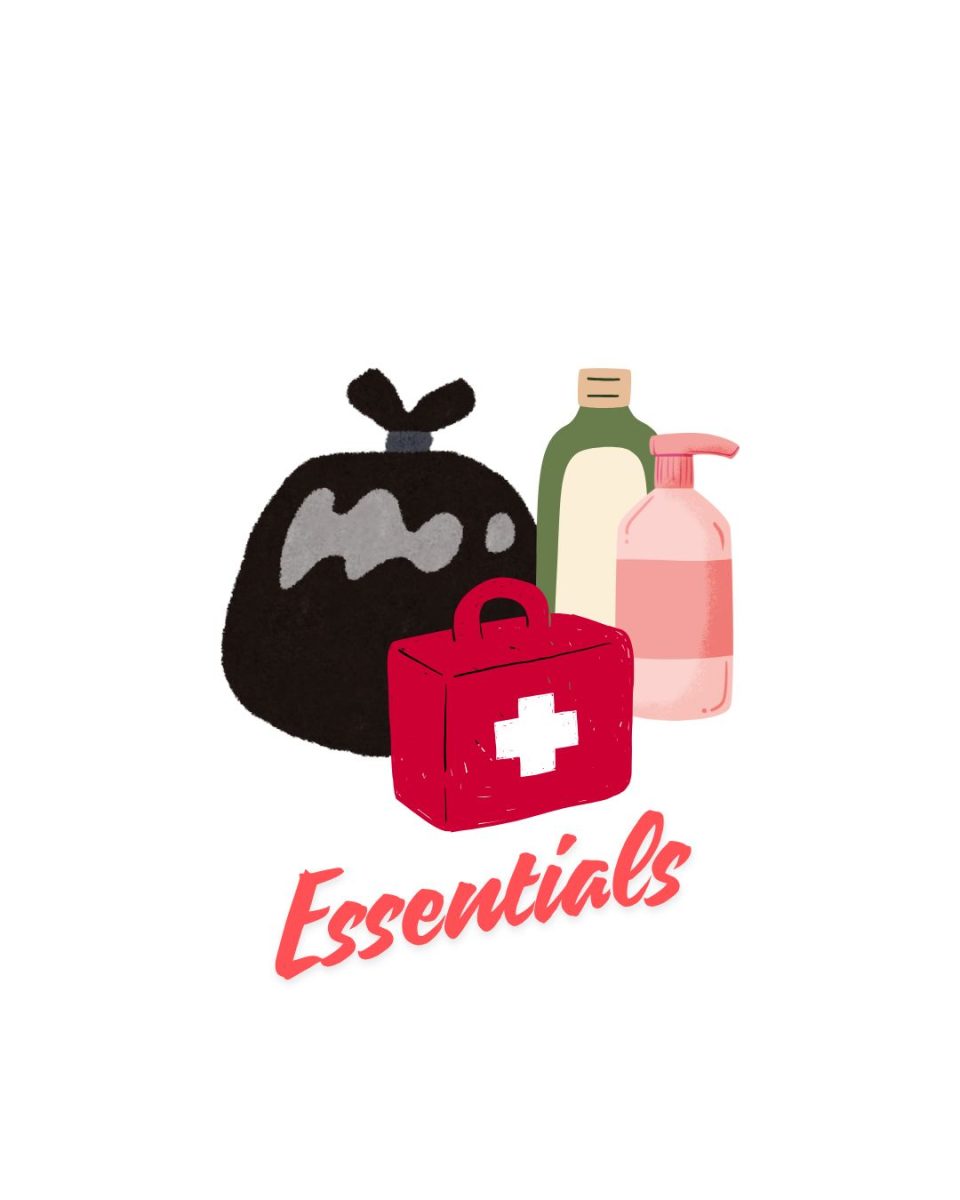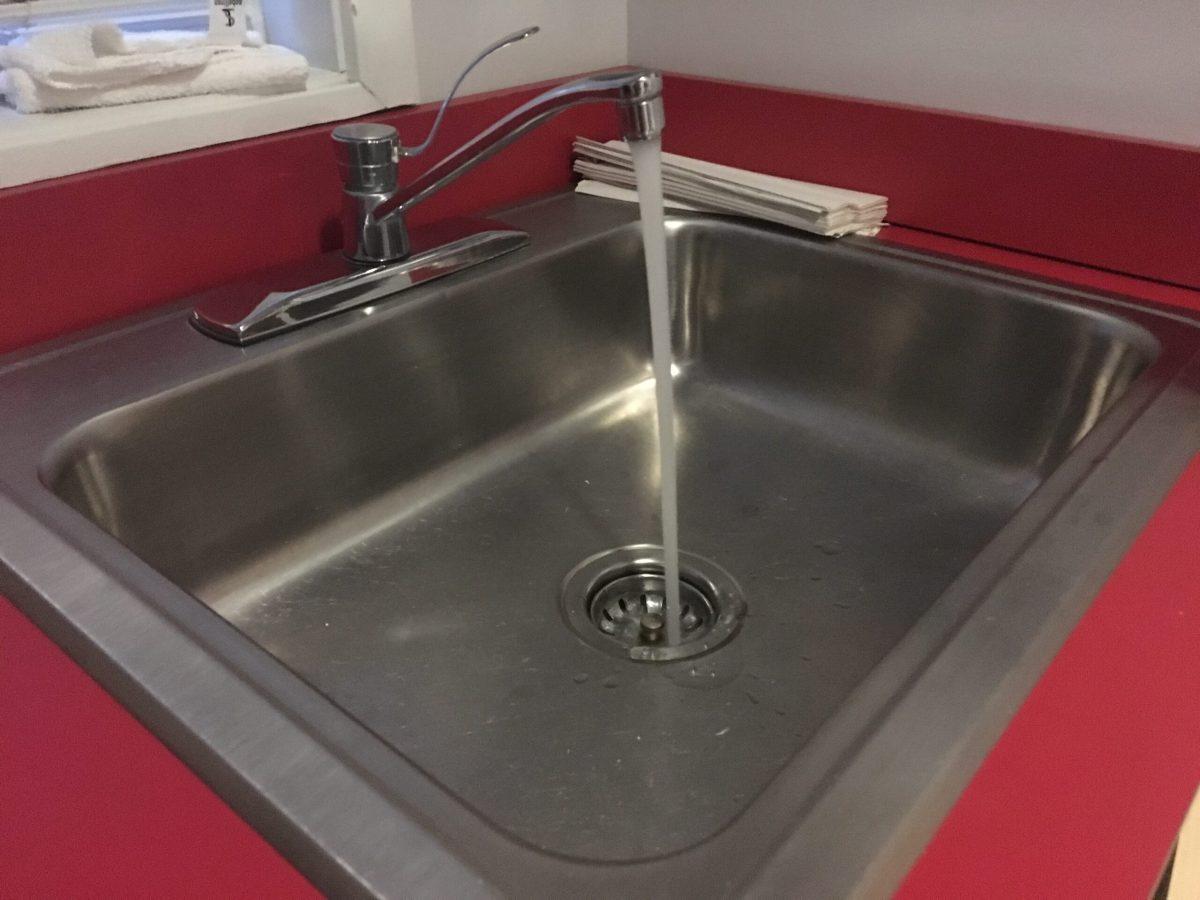After an announcement from Rowan University about the quality of its water last week, students can now raise a toast to the news — using lead-free water, of course.
An email was sent out to students on Sept. 19 from Rowan University president Dr. Ali Houshmand, stating that the water purification project on campus is completed.
“I am pleased to announce that our campus-wide lead remediation plan is complete and that all drinking water meets state and federal standards for safety,” Houshmand said in the email.
The discovery of the lead in water, which originated in Linden Hall in July 2016 led to a $1.2 million project to clean the drinking water.
This project included installing in-line ANSI/NSF-approved filters to cold water sources in bathrooms and kitchen sinks. While installing 77 water bottle-filling stations around campus, including adding 19 more by the end of the fall semester. They also installed in-line filters in 8 traditional water fountains in academic buildings, and installed 20 back flow preventers in service lines. While adding all six ice makers in the Athletics Department, distributing more than 300,000 bottles of water across campus, as well as collecting and analyzing around 4,100 water samples.
Once this problem was detected, university officials held public meetings and created a call center and a water-quality hotline, as well as posted regular updates.
Several rounds of follow-up testing of the water revealed that a majority of the water across campus had less lead in it than the EPA deems as “Action Level” of 15 parts per billion.
The email continued to explain how while the law does not require the university to monitor for elevated lead levels, Rowan will still continue to do so. It also explained that many hot water sources do not have water filters and may contain water that tests above 15 parts per billion (ppb). According to the U.S. EPA and U.S. Centers for Disease Control, this water is still safe for bathing and washing dishes.
To end the email, Houshmand concluded by reminding students that the water will continue to be tested to ensure that it is always clean and safe.
For questions/comments about this story, email [email protected] or tweet @thewhitonline.




























































































































































!["Working with [Dr. Lynch] is always a learning experience for me. She is a treasure,” said Thomas. - Staff Writer / Kacie Scibilia](https://thewhitonline.com/wp-content/uploads/2025/04/choir-1-1200x694.jpg)







































